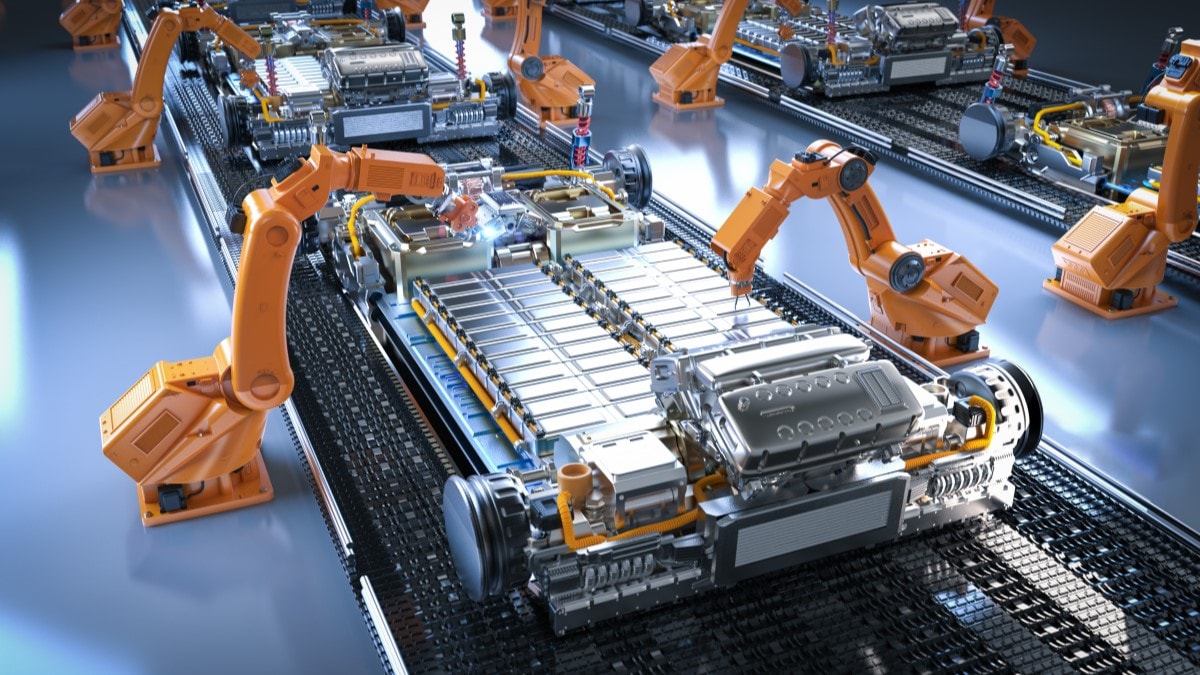The cost of the minerals used in electric vehicle (EV) batteries is coming down rapidly as automakers pursue global supply chains. A new study suggests that EV prices could match the prices of gas-powered cars as early as 2026.
Prices Dropped 20% in 1 Year
Most of today’s electric cars use lithium-ion batteries, the same type found in most cell phones and laptops.
Related: How Solid-State Batteries Could Shape Our EV Future
“Lithium-ion battery pack prices dropped 20% from 2023,” reports BloombergNEF. That’s the sharpest single-year drop since 2017.
“The faster-than-expected decline signals that prices for electric vehicles could fall to similar levels to internal combustion engine vehicles as soon as in 2026.”
Industry analysts measure battery costs in price per kilowatt-hour (kWh). Many have long believed that $100 per kWh is the threshold at which EVs reach price parity with gas-powered cars. BloombergNEF estimates that battery costs now sit at $115 per kWh.
Another year of 20% declines would bring prices under the parity threshold.
Related: Americans Bought A Record Number of EVs In The Third Quarter
Growth in China Pushing Down Prices Here
“Over the past two years, battery manufacturers have aggressively expanded production capacity in anticipation of surging demand for batteries in the EV and stationary storage sectors,” BloombergNEF explains.
Much of that growth has been in China. “China alone is expected to produce enough battery cells to meet 92% of total global demand of 1.2 terawatt-hours for EV and stationary storage segments in 2024,” the report explains. Downward price pressure on Chinese-derived minerals drives down prices globally.
However, American law discourages EV builders from using Chinese-derived minerals.
It does that partially by appealing to consumers — Americans can earn a tax credit worth up to $7,500 on the purchase of many EVs. Automakers must use a smaller percentage of Chinese-derived content every year to continue qualifying for the credit.
It also does that by helping the industry set up new supply lines outside of China. InsideEVs explains, “Under the Inflation Reduction Act, the Advanced Manufacturing Production Tax Credit (Section 45X) has massively subsidized battery costs. But its future now hangs in the balance.”
President-Elect Donald Trump has announced plans to end parts of the Inflation Reduction Act, including the $7,500 EV tax credit. He cannot do that without the help of Congress.








